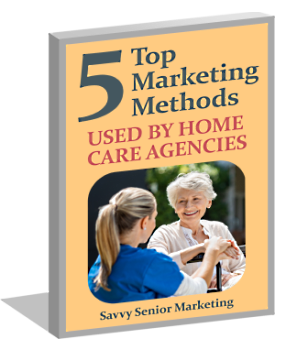I remember my first day on the job as a novice newspaper reporter.
I slid into the chair and thought, where do I find the news? Well, I’m a newspaper reporter. I’m supposed to find it.
The paper I worked for was a small Chicago-area suburban paper that came out three times per week. So, for a news idea, I simply looked where everyone else did – in the Chicago Tribune. There was a story about people rushing to jewelry shops and selling their gold items, since the price of gold had gone up. I decided to write the “local angle.”
My editor thought it was a great idea. I interviewed the owner of a local jewelry shop that was packed with patrons that week. My piece was the top story on page one.
But what about tomorrow? Sleepy suburbs don’t have too many exciting things happening outside of the paper’s local beats of the police and fire news, and school and village board meetings.
How much easier it was when one of the five reporters in the newsroom was approached by a local nonprofit or business with a story idea. It didn’t happen too often.
You are probably aware that many news stories that you see in the paper, TV or the internet originated with the businesses, nonprofits, or public relations firms. This is likely true even more now than in the past, since budgets for news teams have tightened due to competition from the internet.
Here’s a surprising anecdote – some years ago, the Columbia Journalism Review found that one issue of the Wall Street Journal had 111 stories on the inside pages that were taken from press releases – either verbatim, or paraphrased, according to copywriter Robert Bly. Only thirty percent of these “placed” stories had facts added by reporters.
Finding the news angle
Pick up a copy of your local newspaper and think about which stories originated from outside the newspaper.
A daily newspaper in a city of a population of about one hundred thousand recently ran a front-page feature story about an obstetrics nurse who retired after 34 years of experience. She helped deliver 21 of her own grandchildren. The article writer attended her retirement party. Two hospitals where the nurse worked were mentioned in the article.
Wonder where that story came from? Maybe one of the two hospitals called the reporter with the idea. Maybe the reporter told the hospital what editors usually do when called with a story suggestion, “Send me a press release.” Maybe the press release agent wrote the entire story. I can’t say for sure. In any case, both hospitals received favorable branding in the eye of the public. Wouldn’t your home care agency, or other health care agency, like to receive this kind of publicity? How much would you pay for the same amount of coverage in paid advertising? Probably thousands of dollars, or even more.
Seven ideas for senior care news
Is your nursing home, home care agency, assisted living facility, hospice, or skilled nursing residence looking for positive publicity? Look around at your local newspapers, TV and radio stations. (Although big-city newspapers are in decline, local papers are holding steady.)
Find a “news hook,” which is a relevant news item, such as:
- Any award or recognition that you have received.
- A new service, or addition to your facility, or new staff member.
- An outstanding volunteer at your facility.
- An expert opinion on a subject, or on a controversial issue.
- Management reorganization.
- Case histories illustrating an important aspect of your work.
- Charitable acts, or donations given.
Write a press release that mimics a feature story in style. Take note of some caveats with a press release, however. Don’t self-promote in an obvious way. Don’t mention your company name in the first paragraph. Talk about your subject matter, not about yourself.
After your article is published, take advantage of your bragging rights. Link to it from your Facebook or Twitter page or other social media. Let others know through your emailed or printed newsletter. Make reprints and hand out with brochures.
The results of a public relations can be far-reaching, and cost much less than advertising. But be patient – they often take a long time to see results.
Care to have an expert get publicity for your senior care facility with a news story? Contact us at the number at the top of the page, or contact us.


